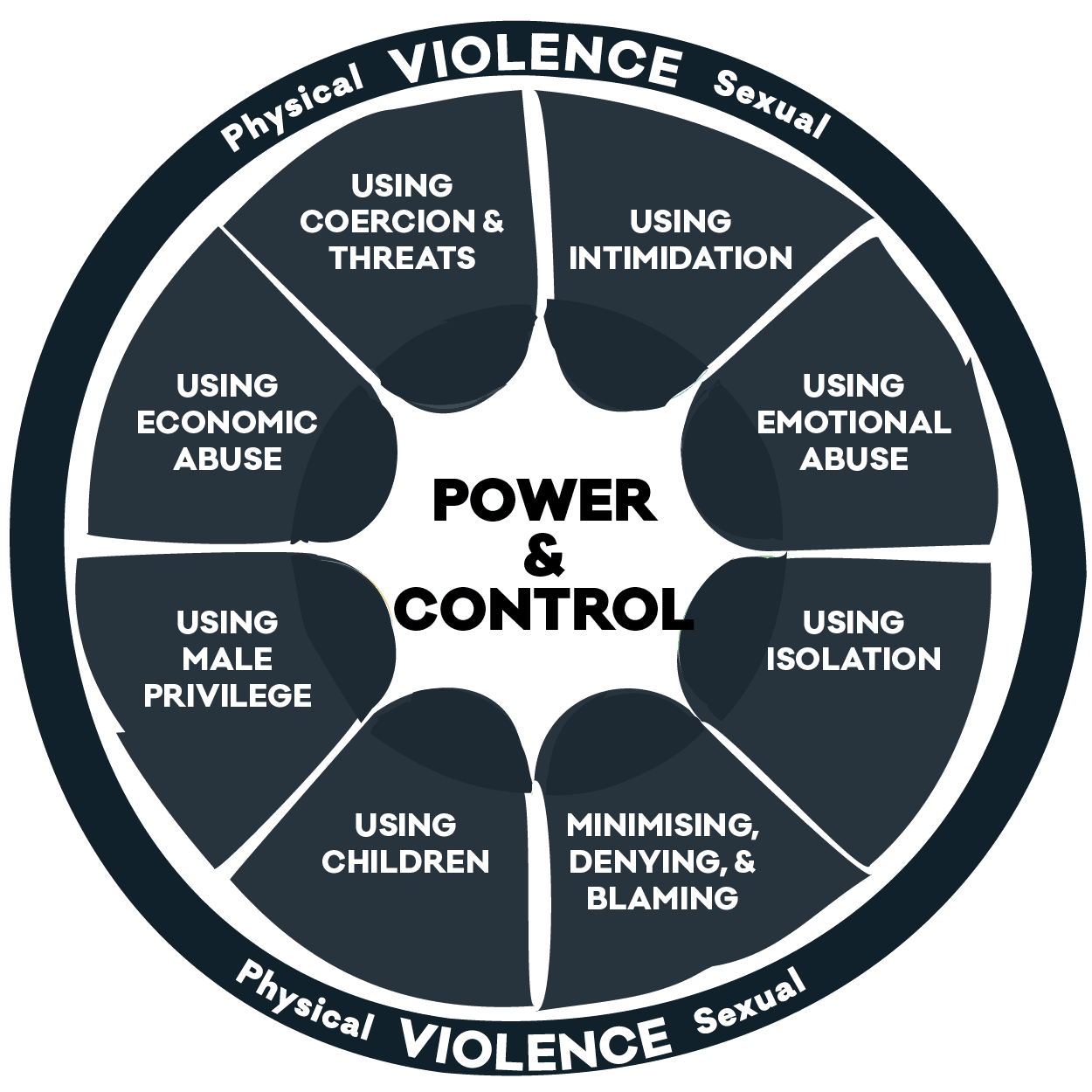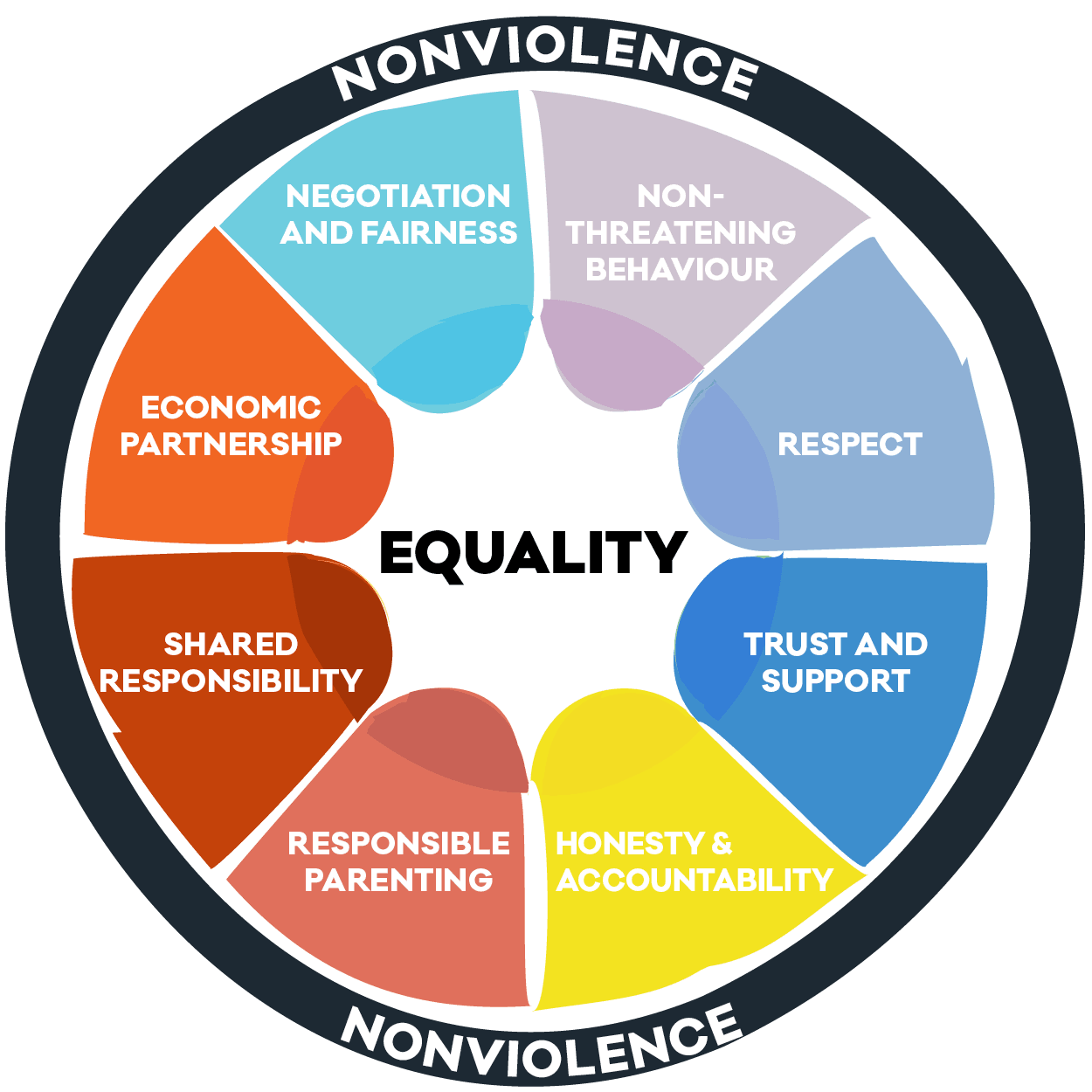OUR FAMILY VIOLENCE SUPPORT SERVICE IS AVAILABLE MONDAY – FRIDAY | RECEPTION OPEN: 9AM - 5PM
If you are in immediate danger, dial 111 and ask for the Police
Family Violence support
A non-judgmental service providing families & individuals with support and information.
We provide Family Violence Crisis Intervention Advocacy and Information.
Our Family Violence Workers are part of a team, with counsellors, budgeters and caring volunteers.

Our Aim
To strive towards a positive outcome that works for you
How will we get there?
First off, we get to know each other and decide how we may be able to help. Then we will work alongside you while you build up your skills and self-confidence.
Confidentiality
Any contact you have with us is treated as confidential, except for:
1
If there is a reason to believe you or another person is at serious risk.
2
Professional supervision for quality control, to ensure the best possible service for you.
3
Audit by a government funding agency to check the work they pay for is being done.
4
If required by a Court of Law
Kinds of Violence
The Duluth Model graph below, shows the different kinds of violence that can be perpretrated.
Statistically more women are likely to experience family violence.

USING COERCION AND THREATS
Making and/or carrying out threats to do something to hurt her
Threatening to leave her, to commit suicide, to report her to welfare
Making her drop charges
Making her do illegal things
USING INTIMIDATION
Making her afraid by using looks, actions, gestures
Smashing things
Destroying her property
Abusing pets
Displaying weapons
USING EMOTIONAL ABUSE
Putting her down
Making her feel bad about herself
Calling her names
Making her think she's crazy
Playing mind games
Humiliating her
Making her feel guilty
USING ISOLATION
Controlling what she does, who she sees and talks to, what she reads, where she goes
Limiting her outside involvement
Using jealousy to justify actions
MINIMISING, DENYING, AND BLAMING
Making light of the abuse and not taking her concerns about it seriously
Saying the abuse didn't happen
Shifting responsibility for abusive behaviour
Saying she caused it
USING CHILDREN
Making her feel guilty about the children
Using the children to relay messages
Using visitation to harrass her
Threatening to take the children away
USING MALE PRIVILEGE
Treating her like a servant
Making all the big decisions
Acting like the 'master of the castle'
Being the one to define men's and women's roles
USING ECOMONIC ABUSE
Preventing her from getting or keeping a job
Making her ask for money
Giving her an allowance
Taking her money
Not letting her know about or have access to family income
Features of a positive relationship
The graphic below shows what a positive relationship looks like.

NEGOTIATION AND FAIRNESS
Seeking mutually satisfying resolutions for conflict
Accepting change
Being willing to compromise
NON-THREATENING BEHAVIOUR
Talking and acting so that she feels safe and comfortable expressing herself and doing things
RESPECT
Listening to her non-judgmentally
Being emotionally affirming and understanding
Valuing opinions
TRUST AND SUPPORT
Supporting her goals in life
Respecting her right to her own feelings, friends, activities, and opinions
HONESTY AND ACCOUNTABILITY
Accepting responsibility for self
Acknowledging past use of violence
Admitting being wrong
Communicating openly and truthfully
RESPONSIBLE PARENTING
Sharing parental responsibilities
Being a positive non-violent role model for the children
SHARE RESPONSIBILITY
Mutally agreeing on a fair distribution of work
Making fsmily decisions together
ECONOMIC PARTNERSHIP
Making money decisions together
Making sure both partners benefit from financial arrangements
The Family Violence Support team are professionals who have an interest in assisting family/whanau to achieve their goals in a number of areas.
We treat everyone of all cultures with respect and confidentiality, whether you have lived here for generations, or are a new arrival — and we know how to ’keep it zipped’ about other people’s business!
We cannot always help fix the problem, but we will endeavour to connect you with someone who can assist and support you.
Confidentiality & Feedback
We protect your confidentiality. Please view our Confidentiality Policy and Feedback process
Family Violence support Kainga Aroha
Kainga Aroha provides easy access to information, help, understanding and support.
Give us a call or email us
Our reception is open from 9am - 5pm, Monday – Friday





